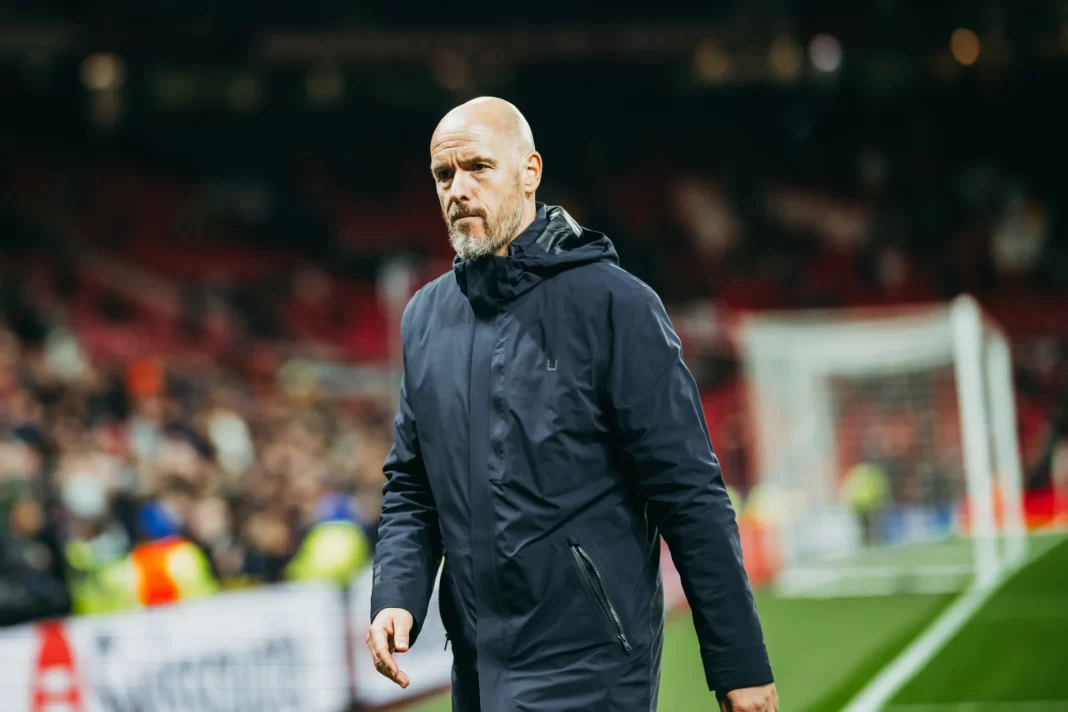Manchester United’s recent match against FC Twente in the Europa League Group Stage certainly raised eyebrows among fans and analysts alike. The unexpected 1-0 defeat to the Dutch side, who were viewed as underdogs, ignited discussions about the current state of the team under manager Erik ten Hag. This blog aims to delve deeper into the implications of this match and assess the overall progress of the club.
The Twente Test: More Than Just a Loss
Twente’s victory was not merely a stroke of luck; it was a testament to their intensity and determination. They managed to outshine United on that fateful night, leading many to question whether the Red Devils were genuinely improving or still struggling to find their rhythm. This result highlights the importance of recognizing that every match is a learning opportunity, regardless of the outcome.
Signs of Progress or Stagnation?
While the defeat to Twente could be perceived as a setback, it’s vital to consider the broader context of United’s journey under ten Hag. Significant strides have been made, especially regarding defensive solidity and tactical discipline. Although the Europa League campaign poses challenges, it also offers invaluable experience that can aid in the team’s development.
Key Factors to Assess United’s Progress
To accurately evaluate Manchester United’s progress, several key factors should be considered:
Consistency in Performance
One of the primary indicators of a team’s growth is consistency. Are United delivering strong performances on a regular basis, or do they often succumb to inconsistent results? This aspect will be crucial in determining whether the team is truly advancing or merely experiencing sporadic success.
Key Players Stepping Up
Another essential factor to monitor is the performance of key players. Are stars like Marcus Rashford and Bruno Fernandes making a significant impact on matches? Their contributions are vital for the team’s success, and their ability to perform under pressure will be critical moving forward.
Youth Development Progress
Youth development remains a cornerstone of United’s philosophy. The progression of young talents like Alejandro Garnacho and Amad Diallo is worth observing. Are they gaining valuable playing time and contributing meaningfully to the squad? Their development could significantly influence the team’s future success.
Tactical Flexibility
Tactical flexibility is essential for any team aiming to compete at the highest level. Is ten Hag’s tactical approach evolving in response to different challenges? The ability to adapt strategies and formations can provide the team with an edge in various match situations.
Evaluating the Broader Picture
Despite the defeat against Twente, it is crucial to evaluate United’s progress holistically. The team has shown promising signs of improvement, particularly in defensive organization and tactical awareness. However, questions regarding consistency and competitive spirit remain at the forefront.
The Importance of Mental Resilience
Mental resilience is another vital aspect that can determine a team’s success. How well does United bounce back from setbacks like the loss to Twente? Cultivating a mindset that embraces challenges and learns from failures will be essential for long-term growth.
Moving Forward Together
While the loss to FC Twente may serve as a temporary setback, it should not overshadow the positive developments under Erik ten Hag’s management. The team has demonstrated a commitment to improving its tactical discipline and youth development. By focusing on consistency, player performance, and mental resilience, Manchester United can navigate its way back to success. Fans and analysts alike should remain hopeful and patient as the Red Devils continue to evolve and strive for greatness in the seasons to come.



